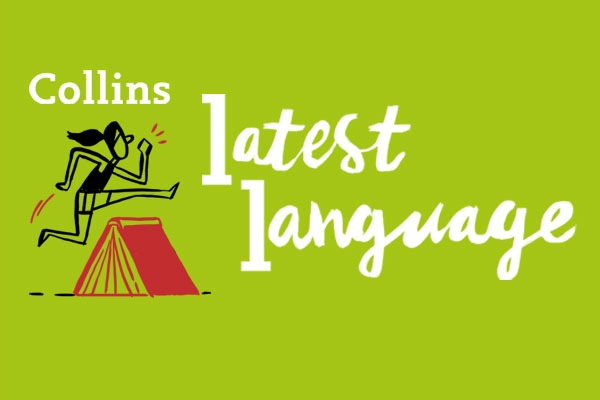Why do we need to keep adding new words to the English language? Can’t we just make do with the ones we have already? These are reasonable questions, but the fact is that new words do keep entering the language. To illustrate why this happens, let’s look at a cross-section of the words that have been added to the Collins Dictionary this month.
First, consider a word such as filk. Filk is a musical style in which performers replace the words of well-known songs with lyrics relating to science fiction or fantasy. It started off as a fun activity at sci-fi conventions (apparently inspired by a misspelling of ‘folk’), and it has gradually become an established genre: think sci-fi versions of ‘My Favourite Things’ from The Sound of Music, or Dolly Parton’s ‘Jolene’ as it might have been written by H.P. Lovecraft. The point about this word is that it is a label for a new thing: fifty years ago, people didn’t do this, and now they do, so we need a new word to describe this new activity.
But we also get new words for existing phenomena. The word derp is a derogatory term for someone you regard as foolish or ignorant. This insult can be traced back to the 1998 film Baseketball featuring Trey Parker and Matt Stone, who later reused it in their cartoon series South Park. The term was then taken up by various online communities, usually as a put-down aimed at someone with whom the writer disagrees. In this instance, one could well argue that there was no pressing need for this new word: there are lots of other ways of telling someone that you think they are stupid. However, there is sometimes a pleasure to be had in avoiding well-worn and obvious ways of saying things. Each generation develops its own terms of approval and disapproval, and if these prove mysterious to the previous generation, then so much the better.
Something different again is going on when you look at a word such as Latinx. This word for an American with Hispanic heritage was first proposed in the 1990s. It wasn’t as though there were no available words for such a person, but ‘Latino’ specifically refers to a male person and ‘Latina’ to a female. Some people within the Hispanic community felt the need to have a gender-neutral term available to any person who does not wish to use the existing gendered terms. Here, the driver of change is cultural: there is a perception that existing words are not adequate for a culture that wants to embrace equality, diversity, and the right to self-identification, and so new words need to be brought in to do the job.
So we have looked at three different new words, and each word is the product of a different creative impulse. The combination of all these impulses ensures that the English language keeps changing and will continue to change for as long as it is spoken.
Written by Ian Brookes, writer and editor.
All opinions expressed on this blog are those of the individual writers, and do not necessarily reflect the opinions or policies of Collins, or its parent company, HarperCollins.



